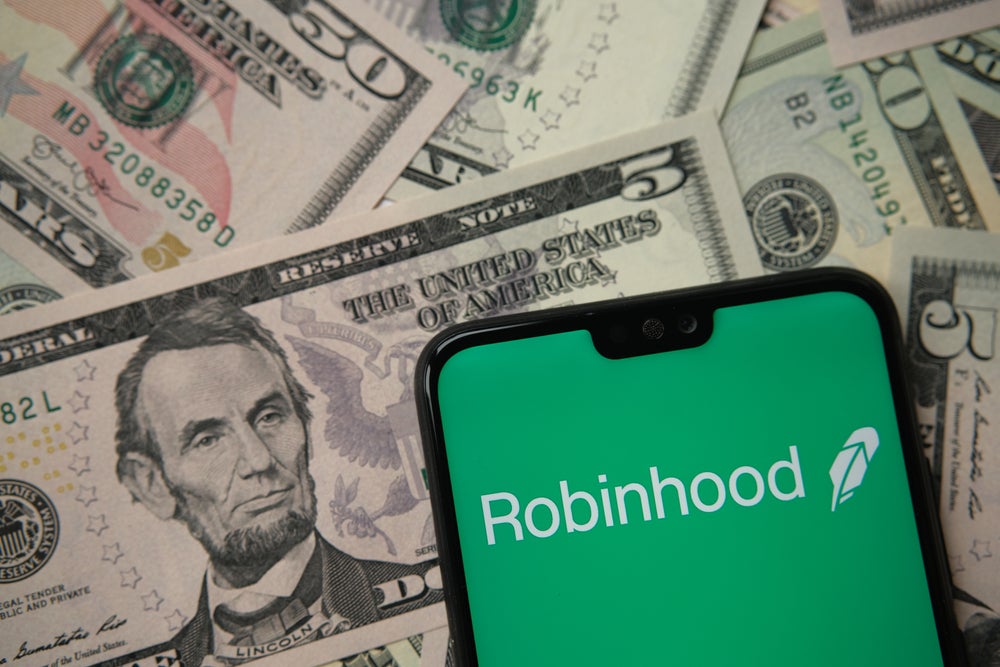Robinhood’s Bold Proposal for Tokenized Asset Regulations
In a landmark regulatory push, Robinhood Markets Inc. has submitted a proposal to the U.S. Securities and Exchange Commission (SEC) advocating for clearer rules governing tokenized assets. The fintech disruptor filed its 12-page white paper on June 10, 2024, urging the creation of a dedicated regulatory framework that could modernize how traditional brokerages handle blockchain-based securities. This initiative marks Robinhood’s most aggressive move yet to shape Wall Street’s digital future while navigating the SEC’s cautious stance on crypto-related products.
The Core of Robinhood’s Regulatory Vision
Robinhood’s proposal centers on three key pillars that would establish guardrails for tokenized traditional assets like stocks and bonds:
- Standardized settlement protocols requiring all tokenized securities to settle within one business day (T+1)
- Enhanced disclosure requirements mandating real-time blockchain transparency for asset backing
- Interoperability standards ensuring cross-platform compatibility of digital securities
The document argues that current regulations—designed for paper-based systems—create unnecessary friction for blockchain applications. “The existing framework forces digital assets into analog-shaped holes,” said Robinhood Chief Legal Officer Scott Schneider in a prepared statement. “Our proposal provides a path to harness blockchain’s efficiency without compromising investor protections.”
Why Tokenization Matters for Mainstream Finance
Tokenization—the process of converting real-world assets into blockchain-based digital tokens—has gained remarkable traction since 2023. Boston Consulting Group projects the tokenized assets market will balloon to $16 trillion by 2030, representing 10% of global GDP. Major financial institutions have already dipped their toes:
- BlackRock launched its first tokenized fund (BUIDL) on Ethereum in March 2024
- JPMorgan executed its first live blockchain-based collateral settlement in 2023
- Singapore’s MAS completed a $50 million tokenized bond pilot in November 2023
Yet the U.S. market remains fragmented due to regulatory uncertainty. “Wall Street wants to innovate but needs clear rules of the road,” noted Dr. Sarah Brennan, a fintech professor at NYU Stern. “Robinhood’s move could accelerate institutional adoption by addressing key pain points around settlement finality and audit trails.”
Mixed Reactions From Industry Stakeholders
The proposal has sparked vigorous debate across financial and crypto circles. Traditional brokerages appear cautiously supportive, while blockchain purists express concerns about over-regulation.
Wall Street’s Measured Endorsement
Several major financial institutions have signaled tentative approval of Robinhood’s framework. “This demonstrates serious thinking about how to bridge traditional finance with distributed ledger technology,” commented Goldman Sachs’ Head of Digital Assets Mathew McDermott. TD Ameritrade’s parent company Charles Schwab went further, stating they “welcome constructive dialogue” about modernizing securities regulations.
Data suggests why established players are paying attention: A 2024 Deloitte survey found 86% of institutional investors view tokenization as inevitable, but 72% cite regulatory uncertainty as their primary barrier to entry.
Crypto Community’s Skepticism
Some decentralized finance (DeFi) proponents argue Robinhood’s approach could stifle innovation. “This looks like TradFi trying to force blockchain into its existing profit models,” said pseudonymous DeFi developer 0xSifu. Others note the proposal conspicuously avoids mentioning cryptocurrencies, focusing solely on tokenized traditional assets.
The tension reflects a broader divide. While institutional players seek regulatory clarity, many crypto natives prefer permissionless systems. “There’s a fundamental philosophical difference here about who should control financial infrastructure,” observed CoinDesk Research Director Noelle Acheson.
The SEC’s Likely Response and Potential Roadblocks
Observers predict the SEC will take months to formally respond to Robinhood’s proposal. The commission faces competing pressures:
- Pro-innovation faction: Commissioner Hester Peirce has long advocated for clearer crypto rules
- Enforcement-first approach: Chair Gary Gensler maintains most crypto tokens qualify as securities
Legal experts identify several hurdles Robinhood’s framework must overcome:
- Reconciling with existing securities laws like the 1934 Exchange Act
- Addressing SEC concerns about market fragmentation
- Ensuring compatibility with global standards being developed by IOSCO
“The SEC won’t rubber-stamp this, but it provides a concrete starting point for negotiations,” predicted former SEC attorney Lisa Bragança. She notes the proposal cleverly focuses on assets the SEC already regulates, avoiding more contentious crypto debates.
Implications for Investors and the Future of Finance
Should elements of Robinhood’s proposal gain traction, retail and institutional investors could see tangible changes by 2025-2026:
- Faster settlements: Tokenization could reduce settlement times from T+2 to near-instant
- Lower costs: Analysts estimate 30-50% reduction in middleman fees for asset transfers
- New products: Fractional ownership of high-value assets like commercial real estate
For Robinhood, the move represents strategic positioning. After weathering crypto volatility in 2022, the company has methodically rebuilt its reputation as a serious financial player. Its crypto wallet user base grew 140% in Q1 2024, while its market capitalization has rebounded to $15.7 billion—still below its $32 billion peak but signaling renewed investor confidence.
As the financial world watches the SEC’s response, one thing becomes clear: The lines between traditional finance and blockchain innovation continue blurring. Whether through Robinhood’s framework or alternative approaches, tokenization appears poised to reshape capital markets—with or without regulatory blessing.
For investors interested in tracking this developing story, sign up for our fintech regulation newsletter to receive analysis of key SEC decisions as they occur.
See more CNBC Network



